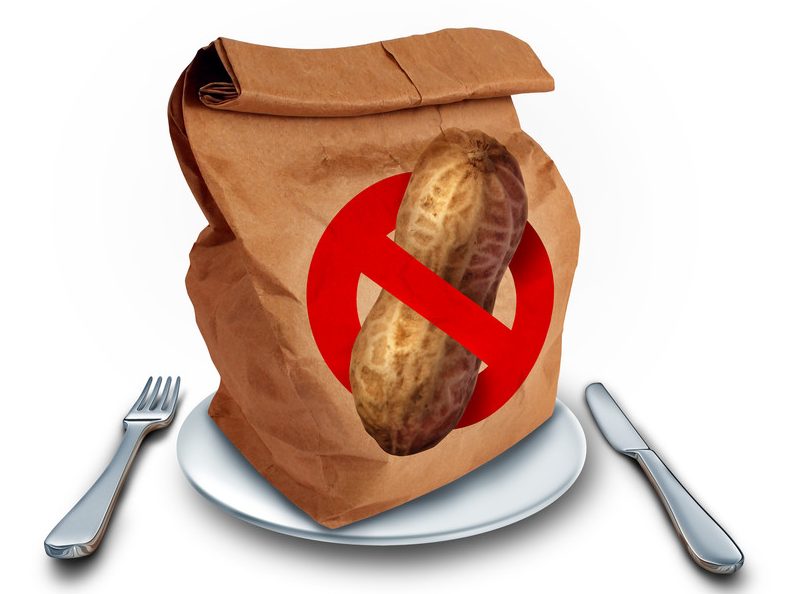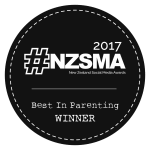The other day when I shared an image of my daughter’s lunchbox, that my husband had put together, I was actually surprised at the number of people who said “why is she allowed nuts” or “I thought nuts would be banned at school”.
My son, who is 4 and at Kindergarten, is not allowed nuts in his lunchbox, or kiwifruit, because of allergies. A Kindergarten is one giant classroom and children are more likely to share lunches, or at least come into contact with them.
However at my daughter’s school, the policy around nuts is classroom dependant. This is because they eat with their class, and not just anywhere at the school.
So last year, and this year, she just happens to be in a class where children had no nut/food allergies. So she was fine to take whatever she wanted, including nuts.
———————–
A few people in the comments were upset at the thought that there could be a child who was allergic to nuts and felt that EVERYONE should be nut-free just in case that child was affected.
I personally don’t believe that to be necessary, and Allergy New Zealand agrees as well.
Allergy New Zealand acknowledges that there has been a jump in food allergies in young children, and knows more schools are now implementing bans.
Inga Stunzner (Allergy NZ spokeswoman) has said blanket food bans could do more harm than good by giving allergy sufferers and teachers a false sense of security and cocooning young people from the real world.
“Children with allergies need to develop the skills to survive once they’re out of school. When you put bans in place, you’re not allowing the child to develop those skills.”
———————–

Each school will have it’s own policy. Some will not allow nuts, whilst others will, and in some instances (like ours) each classroom may also have it’s own rules depending.
If you are concerned, check out these 10 tips for when your child starts school (this is taken from the Health Navigator New Zealand website):
- Notify the school about your child’s allergy as early as possible. Be clear about which foods or other allergens may trigger an anaphylactic reaction.
- Provide the school with a written diagnosis and an individual management plan from your treating doctor. This should include details of prescribed medications such as adrenaline or antihistamines.
- Supply necessary medication and ensure it is clearly labelled, stored correctly and kept up to date. Ensure an adrenaline auto-injector (such as an EpiPen®) travels with the child at all times between home and the classroom; while a second, back-up unit is stored in an unlocked cupboard in the school office.
- Visit the school and enquire about any other potential risks. For example, are children exposed to food allergens during cooking and craft lessons? What can the school do to reduce the risk of insect stings?
- Ensure teachers and other staff are aware of prevention strategies and ensure they are implemented. Especially plan ahead for special events such as excursions, sports days and parties.
- Work with the school to develop an emergency action plan. Ensure appropriate staff members are trained and confident to administer medications.
- Teach your child from a young age not to accept food from others. Provide a lunchbox that is clearly labelled and remind them not to trade food with friends.
- Be creative in providing safe food treats for your child. Ask the school to store some of your cupcakes in the staff room freezer so your child can join in with birthday celebrations.
- Encourage your child to become independent. Remind them to always take their medication to school. It can be kept in an insulated lunch bag, together with a copy of the emergency action plan.
- Record and check expiry dates of auto-injectors used at school and at home and ensure each unit is replaced prior to expiry.
You know your child best and if they have an allergy, you will know what needs to be done. If you don’t, talk to the school!
If you DON’T have a child with an allergy, make sure you familiarise yourself with the school’s policies around what you can and can’t take to school.
What do you think? Do you think nuts should be banned in all schools?










